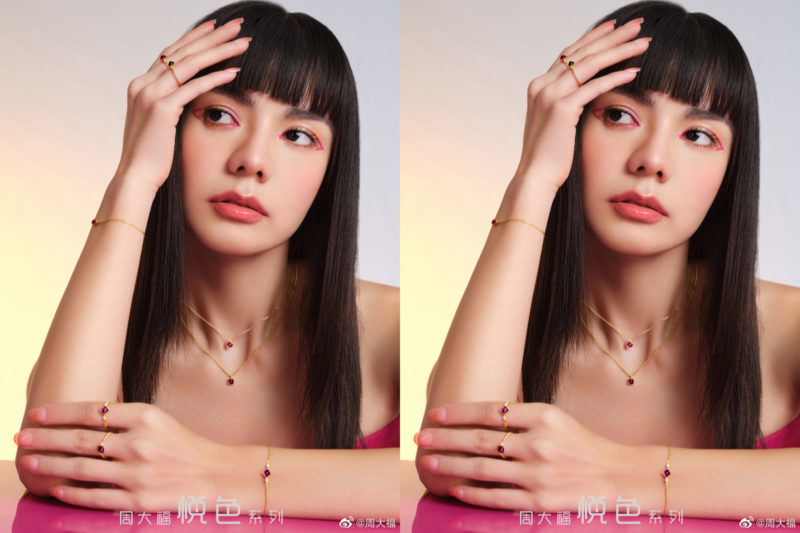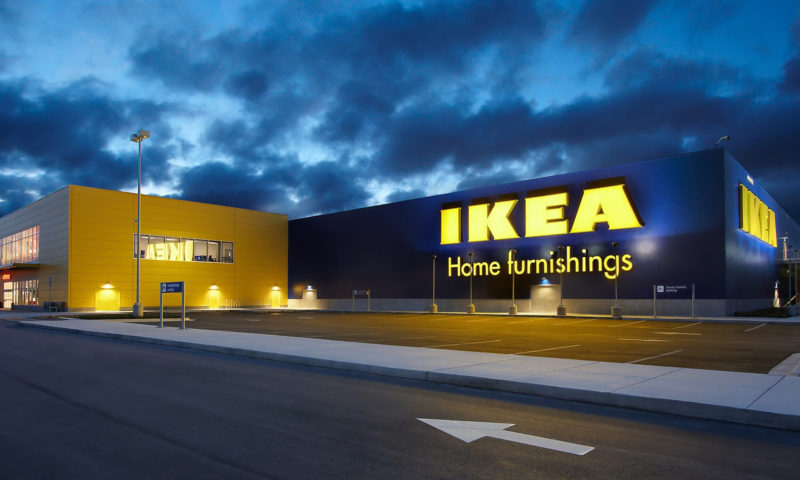As China’s second-largest e-commerce shopping phenomenon “618” reaches the grand finale on 18 June, new consumption trends have emerged from the promotional season, with “contrast” purchases coming under the spotlight. Here at Dao Insights, we bring you the top 3 worth watching out for.
“Tech-obsessed” elders vs Health-preserving young people
The status quo of young people being tech-savvy and health preservation as a practice exclusive to elders has been challenged by both China’s young and old. Statistics show searches of smart devices and other technology-oriented products by Chinese elders, also known as the “Silver Hair” group, have gone up by 12% and 32% respectively during this year’s “618” festivities, as per Baidu’s Search Index. Moreover, among those who have purchased relevant products, the contribution from the elderly age group has seen a 6.3% year-on-year increase according to the e-commerce platform JD.com.
On the other hand, young Chinese have shown a great appetite for “healthy” products. Health supplements such as melatonin and health teas have become highly sought-after among the Gen Z crowd, echoing the concept of “Punk Health” (the practice of squeezing in healthy habits into a tight work schedule as a way to make up for an unhealthy routine) which has drawn in post-00s consumers who are seeking treatment for health related consequences caused by staying up late, pushing up sales of health-preserving products by 13.8% compared to last year.
Workout women vs Makeup men
This year also sees women spend more on fitness and strength training, with searches for “muscle building” conducted by female users rising by 14% over the past 30 days. Purchases of fitness equipment from women have also picked up by 5.4% during this festive season.
This is thanks in part to the nationwide fitness sensation brought about by the singer-turned live streamer Liu Genghong, who initiated the idea of bringing home-setting workouts to live streaming. This has furthered China’s already growing interest in fitness and has become particularly appealing to women, with the well-built man leading the live session with the presence of his wife in the background, resulting in the nickname of “Liu Genghong girls”, which refers to his female followers.
Meanwhile, men aged between 36 and 45 years old were found to have spent 6% more on beauty and baby-care-related products, something traditionally deemed to be of more interest to women. This indicates a reversed social role in parenting and is reflected by the men’s beauty boom in China. Major cities such as Shanghai and Guangzhou as well as new first-tier ones including Chongqing, Wuhan, and Zhengzhou are among the areas that see the most searches for beauty products by men. In addition, male consumers are also seen to focus more on products such as strollers and child safety chairs compared to their female counterparts.
Local specialities win over top-tier city buyers vs Luxury favoured by lower-tier city consumers
Consumer purchases of agricultural specialities from first-and-second-tier cities have surged by 55%, with those top-tier city dwellers contributing the most (20%). In contrast, consumers living in third-and-fourth-tier cities have driven up consumption of products from global labels by 13%. Searches for luxury items in low-tier areas have gone up by 13% during the “618” season, as opposed to 2% in top-tier cities.
This once again shows the potential in China’s lower-tier markets for luxury brands as the luxury consumption in advanced cities has already reached its ceiling.









